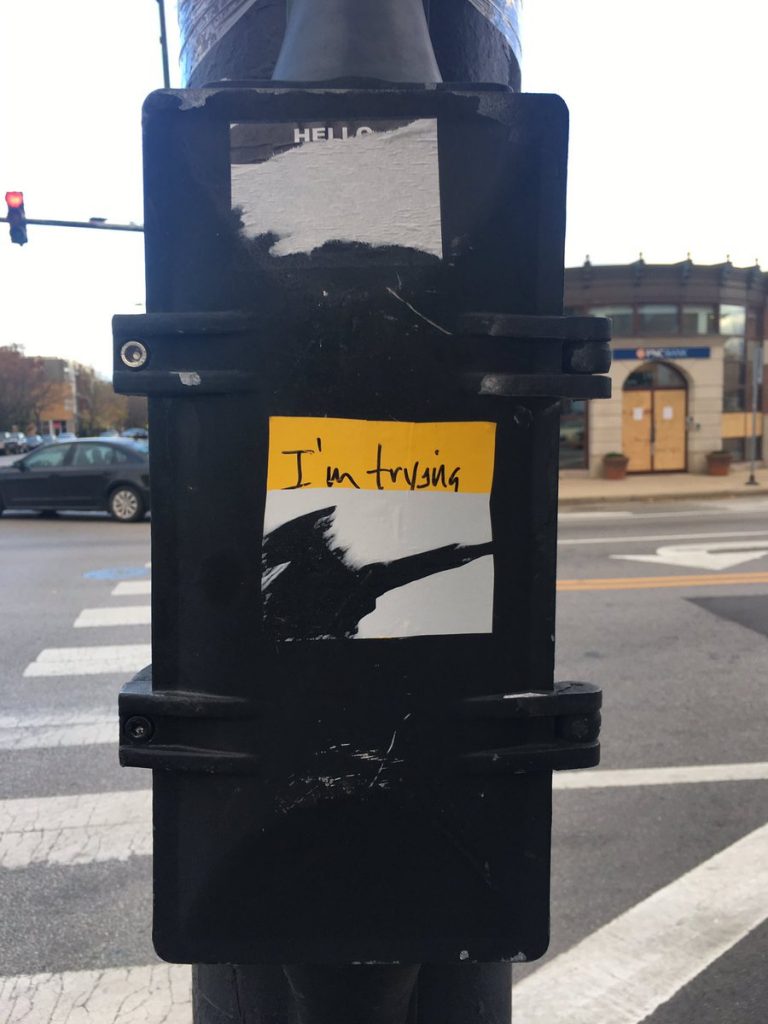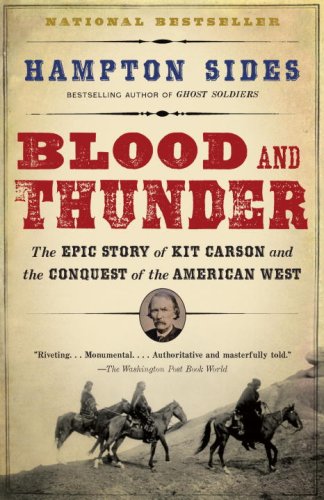
Like many of you, I was thrown for a loop by the results of this election. Over the past five days, I’ve been struggling with my feelings. I don’t believe we’re on the edge of a national apocalypse, but I didn’t believe that Trump was going to win — in fact, I was positive that he wouldn’t. How can I trust my intuitions about the future?
When I say “intuitions” I don’t mean random uninformed guesses. I follow the news pretty closely. I saw the polls. But it turns out that my sources of information were just as unmoored as I feel now. How much of my wrongness was due to what I was mentally synthesizing, and how much was the way I synthesized it? Spoiler alert: I’m not sure yet.
🇺🇸 https://t.co/vedDnZZoHp pic.twitter.com/XwUIW45sOF
— Sonya Mann (@sonyaellenmann) November 10, 2016
Since Tuesday I’ve started following conservatives on Twitter, both happy #MAGA ones and despondent #NeverTrump ones. (If that seems like an empty gesture, it’s because you don’t realize just how much time I spend on Twitter.) I can no longer be so arrogant as to avoid making an attempt to understand people whose views I disagree with; whose political agendas I find abhorrent.
And I can no longer conflate the views with the people, writing them off as racists and sexists beyond salvage. Yes, it’s cognitively dissonant to say that people who materially support a sexist, racist politician are not sexist and racist themselves. But there’s levels to this shit, as Meek Mill might remark. Not all prejudice is overt or conscious, and from what I see Trump supporters saying, blame-fueled identity politics helped this backlash arise.
I am more interested in effective discourse than I am in absolute moral rectitude.
We liberals have been bemoaning this, never realizing how profoundly it applies to us as well https://t.co/E7jvywMCp6 pic.twitter.com/z7zT2qUkam
— Sonya Mann (@sonyaellenmann) November 11, 2016
Academia and journalism used to be sources of scarce information. Post-Internet, they're mainly used to signal tribal affiliation & status.
— Naval Ravikant (@naval) November 10, 2016
I think any entrenchment on the left is a mistake — reality is clearly more complex than we realized. Than we were willing to realize. It’s not that I don’t think despicable white fear and rape culture played into this. I would have to be absolutely blind to think that — like I said, I read the news.
I think my fundamental mistake was not realizing just how close this election was. I couldn’t see that a buffoonish “Cheeto Jesus” could resonate so strongly with people who don’t share my cultural or class background.
It would also be a mistake to forget the closeness of the election after Trump’s victory. A blogger I highly respect, Scott Alexander, said on his Tumblr:
I didn’t predict that Trump would win. But I predicted he would come within 2-3% of winning. I don’t know why somebody whose pet theory is able to explain why someone can get 45% of the vote, shouldn’t also be able to explain why he got 47% of the vote.
And I think almost everybody agreed Trump would get at least 40-something percent of the vote, so what’s left to explain? Sure, we’re not Nate Silver who can use weird voodoo to figure out exactly what every single poll shows, but we understand the underlying trends just fine.
Slightly higher turnout could have shifted the results. Both candidates were extremely unpopular and many voters declined to show up to the polls. As it stands, Hillary Clinton won the popular vote — although it’s worth noting that the Trump campaign didn’t make an effort to turn out conservative voters in states like California that would never go red. Still, this wasn’t a blowout.
And yet Donald Trump’s win shocked me, to the extent that I feel shattered and unable to trust myself. (It’s also makes the country’s future terrifying. We’ll get to that.) The person Scott Alexander was conversing with, Tumblr user nostalgebraist, articulated part of my feelings pretty well:
I knew Trump had a substantial chance of winning. But I hadn’t internalized that on a gut level. The qualitative and the quantitative comfortably supported one another: there could be substantial polling error, but if there isn’t then Hillary’s gonna win, which of course she is because just look at Trump, right? I wouldn’t have bet against Trump at any odds longer than Silver’s, and yet when I was on the bus home Tuesday evening I felt at ease, not nervous but actually slightly buzzed, as if I were going to an exciting party that evening. And by the time I went to bed, I felt like the cosmic balance of the universe had been disturbed. I knew it could happen, but it wasn’t supposed to.
That reflection ties into an essay that struck a deep chord with me, “On Trying Not To Be Wrong” by Sarah Constantin:
Like many people, I’ve thought 2016 was a surreal year; the Cubs won the World Series, the Secretary of State went on television to warn people about white-supremacist memes, Elon Musk has landed rockets on ocean platforms and started an organization to develop Friendly AI. Surreal, right?
No.
It’s real, not surreal. If reality looks weird, this means our stories about it are wrong. […]
There may be a crisis in politics. But before we can do anything sensible about that, we need to understand that there is a crisis in credence. If the world looks weird to you and me today, that is not a matter for rueful laughter, it is a sign that we are probably badly wrong about lots of things.
And being totally wrong about how the world works is a threat to survival.
That’s where I’m at. I need to figure out how to be right again.
Most of what I wrote above was personal. In terms of political action, here are some ideas:
Facebook friend: "Find a charismatic, brilliant, dynamic liberal who is committed to public service, and help get [them] elected" pic.twitter.com/1AWkNTeHtD
— Sonya Mann (@sonyaellenmann) November 12, 2016
Democrats now control only 13 state legislatures (26%). If they lose 1 more they fall below the % needed to stop constitutional amendments. pic.twitter.com/6tVxNSoO2q
— Marc Porter Magee (@marcportermagee) November 12, 2016
My partner and I have loosely discussed moving in the next year or so, if it’s financially feasible. California affords me few opportunities for high-leverage activism, since we’re a staunchly blue state. I’m tentatively interested in moving to a red or purple state where I could potentially help flip a state legislature.
If this happens, I plan to register as a Muslim. Someone should set up a site where we can pre-register. https://t.co/ZmQk1u4jVq
— Parker Thompson (@pt) November 11, 2016
I am happy to pre-commit. If the "Muslim registry" goes into effect, I will join whatever overthrow effort looks most likely to succeed.
— Sonya Mann (@sonyaellenmann) November 11, 2016
That’s it. Thanks for bearing with me. Let us all take a moment to mourn for the Affordable Care Act.

